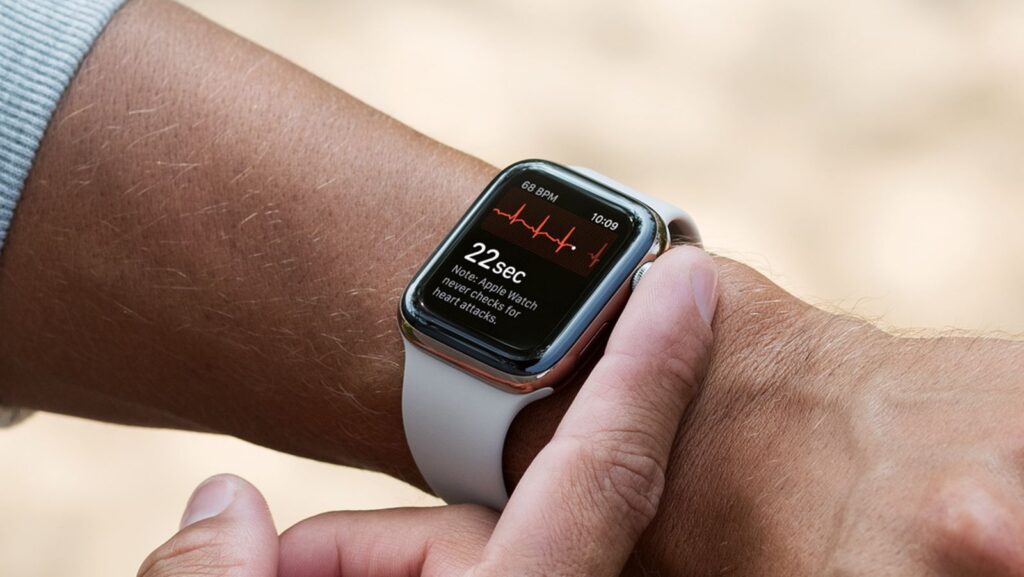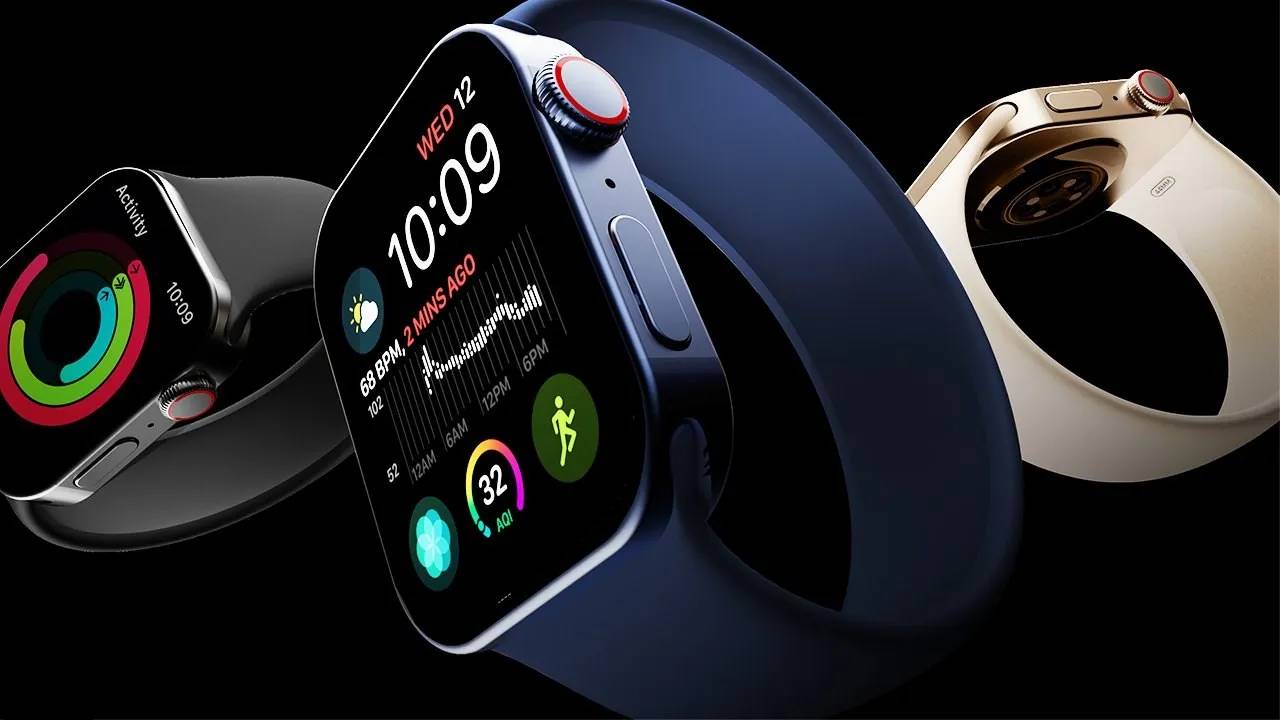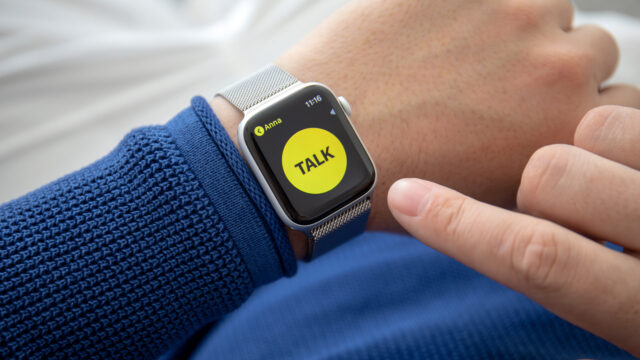A recent study has shown that the Apple Watch Series 6’s ECG sensor has the potential to accurately predict stress levels. The study, which involved a large number of participants, found a close association between ECG data, including heart acceleration and deceleration capacity, and the participants’ reported stress levels at the time the readings were taken.
Apple Watch could help improve mental health outcomes with early stress detection
Using this information, the researchers were able to develop machine learning algorithms to create a prediction model for stress. The resulting models were found to have a “high level of precision,” but lower recall. Despite this, the study concluded that the Apple Watch has “promising” potential for stress prediction.

One of the key strengths of the Apple Watch is its ability to collect a wide range of health data, including information on sleep and physical activity. The researchers believe that by integrating these additional data points into stress prediction models, it may be possible to increase their accuracy.
While competing devices from companies like Samsung, Fitbit, and Garmin already offer a stress score feature, Apple has yet to implement such a feature in its Health app. However, the researchers behind the study postulate that the Apple Watch could potentially be used to aid mental health care, offering activities such as breathing exercises to offset stress signals and responding early to changes in mental health.
The use of wearable technology to monitor and track stress levels is becoming increasingly common. By using the Apple Watch’s ECG sensor to predict stress, it may be possible to identify and address stress earlier, potentially leading to improved mental health outcomes for individuals. Further research is needed to fully understand the potential of the Apple Watch for stress prediction, but the results of this study suggest that it is a promising tool for helping to manage stress and improve mental health.














